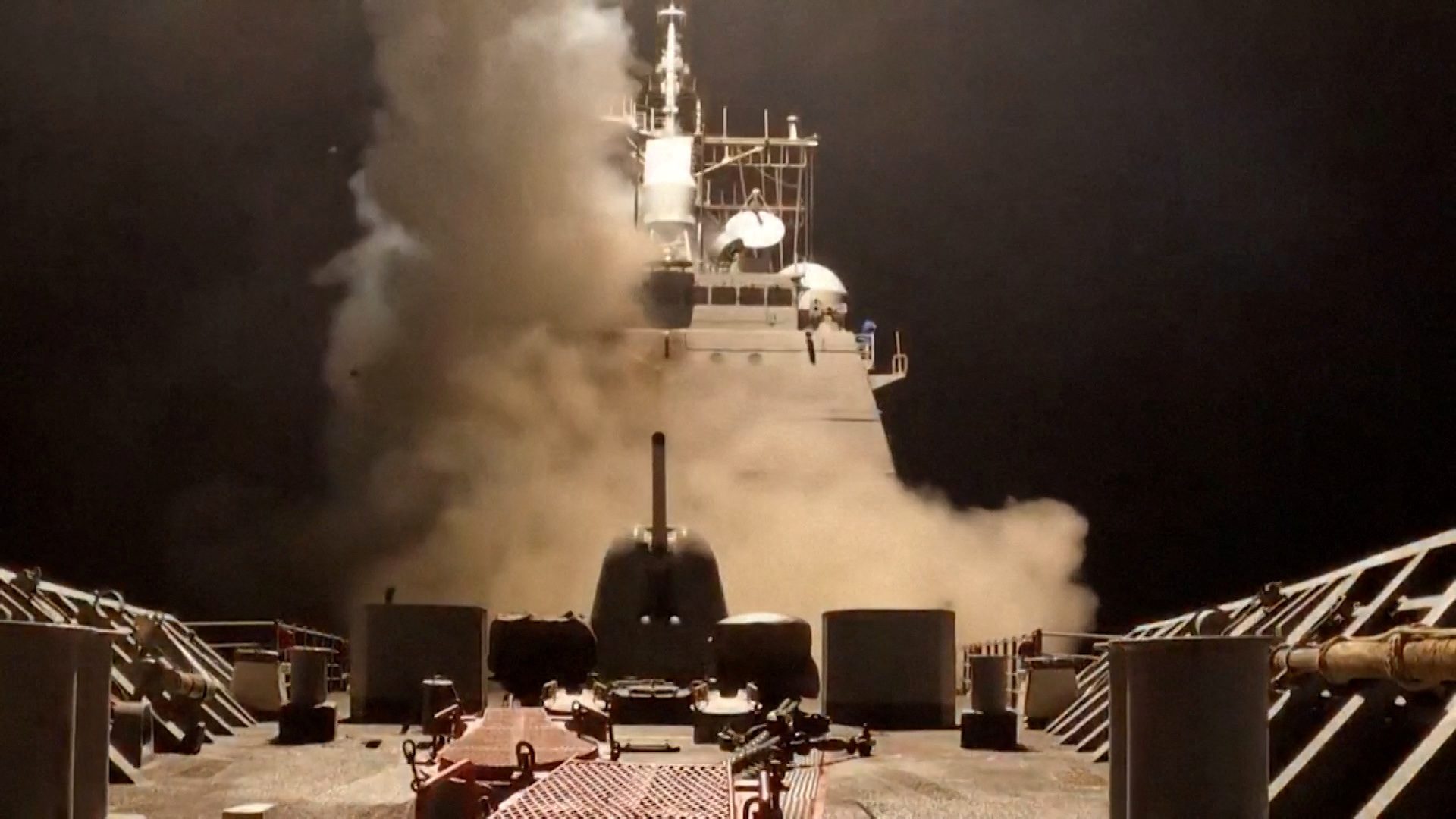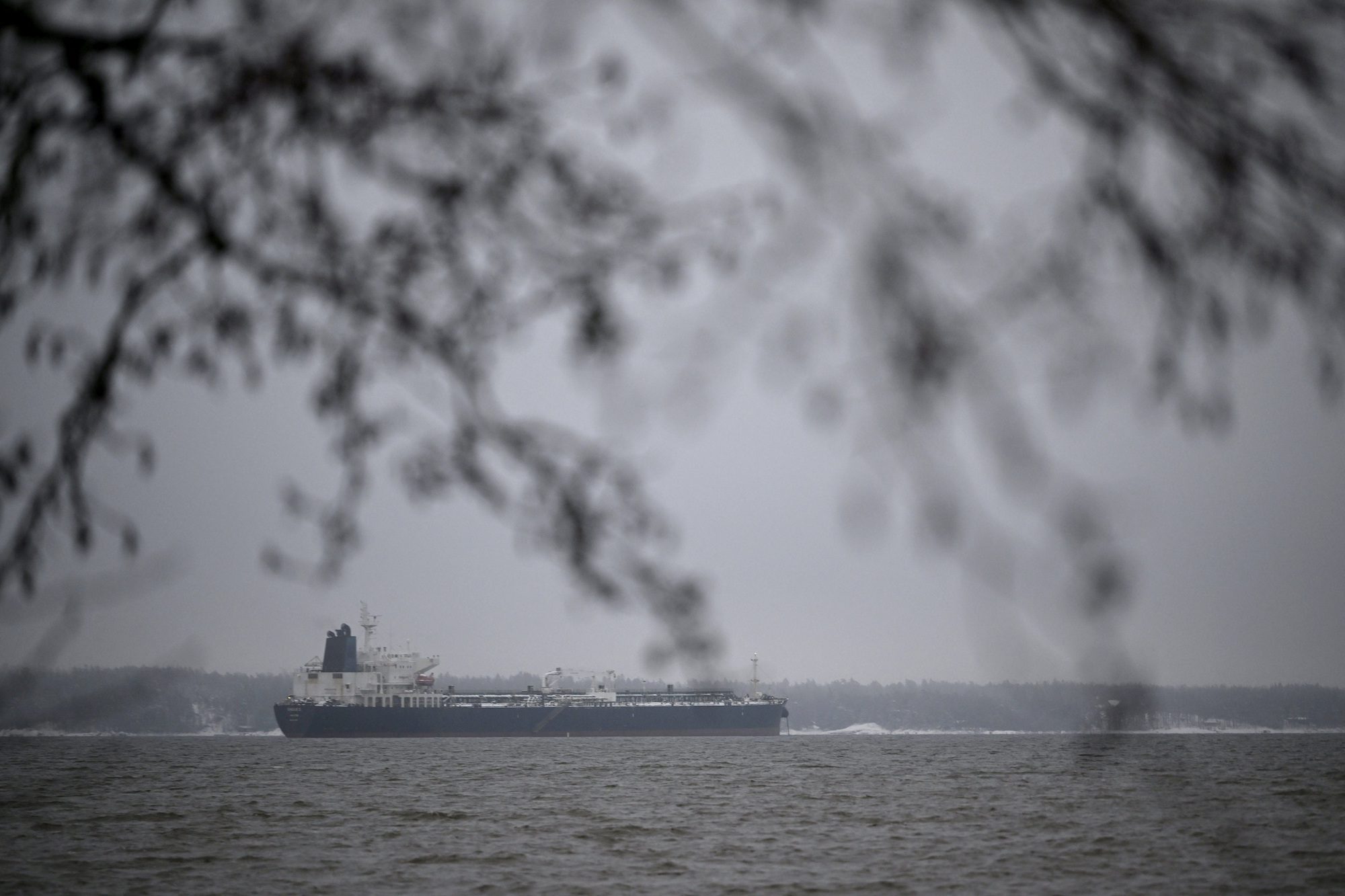The Israel-Hamas ceasefire has officially ended on Tuesday, with Israel resuming offensive operations in the Gaza Strip, potentially escalating maritime security concerns across the Middle East.
According to maritime security firm Ambrey Analytics, the termination of the ceasefire came after unsuccessful negotiations to extend beyond ‘Phase 1,’ resulting in Israel halting humanitarian aid and electricity to Gaza. In response, the Houthis have reinstated their ban on Israeli-owned and -flagged shipping.
“American aircraft carriers and warships will be our targets, and the decision to ban navigation will include the Americans as long as they continue their aggression,” stated Houthi leader Abdul-Malik al-Houthi.
The situation has become increasingly complex with U.S. involvement, as the U.S. on Saturday resumed military strikes against Houthi positions, prompting the militant group to retaliate by unsuccessful targeting the USS HARRY S. TRUMAN on three separate occasions in the Red Sea.
Meanwhile, U.S. President Donald Trump has escalated rhetoric against Iran, stating on Monday, “From now on, every shot fired by the Houthi will be considered as a shot fired by the weapons and leadership of Iran, and Iran will be held accountable and suffer the consequences.”
Iran’s response came through its UN ambassador, Saeid Iravani, who warned that “any act of aggression will have severe consequences, for which the US will bear full responsibility.”
Maritime security experts anticipate increased risks to merchant vessels, particularly those with Israeli, U.S., or UK affiliations. The end of the ceasefire is also expected to reintroduce threats of stray rocket fire against Israeli ports of Ashkelon and Ashdod.
The Houthis are “highly likely to resume military operations against Israeli military bases and the port of Eilat,” according to Ambrey’s assessment. The group is also expected to target vessels and companies conducting trade with Israel.
Industry analysts predict heightened risks in the Persian/Arabian Gulf, Gulf of Oman, and Arabian Sea, particularly as U.S. pressure on Iran increases. The possibility of targeted assassinations and vessel seizures could further destabilize maritime security in these regions.
Ambrey recommends thorough affiliation checks for vessels transiting through affected areas and advises enhanced security measures, including increased armed security team presence and comprehensive ship security assessments.

 Join The Club
Join The Club











